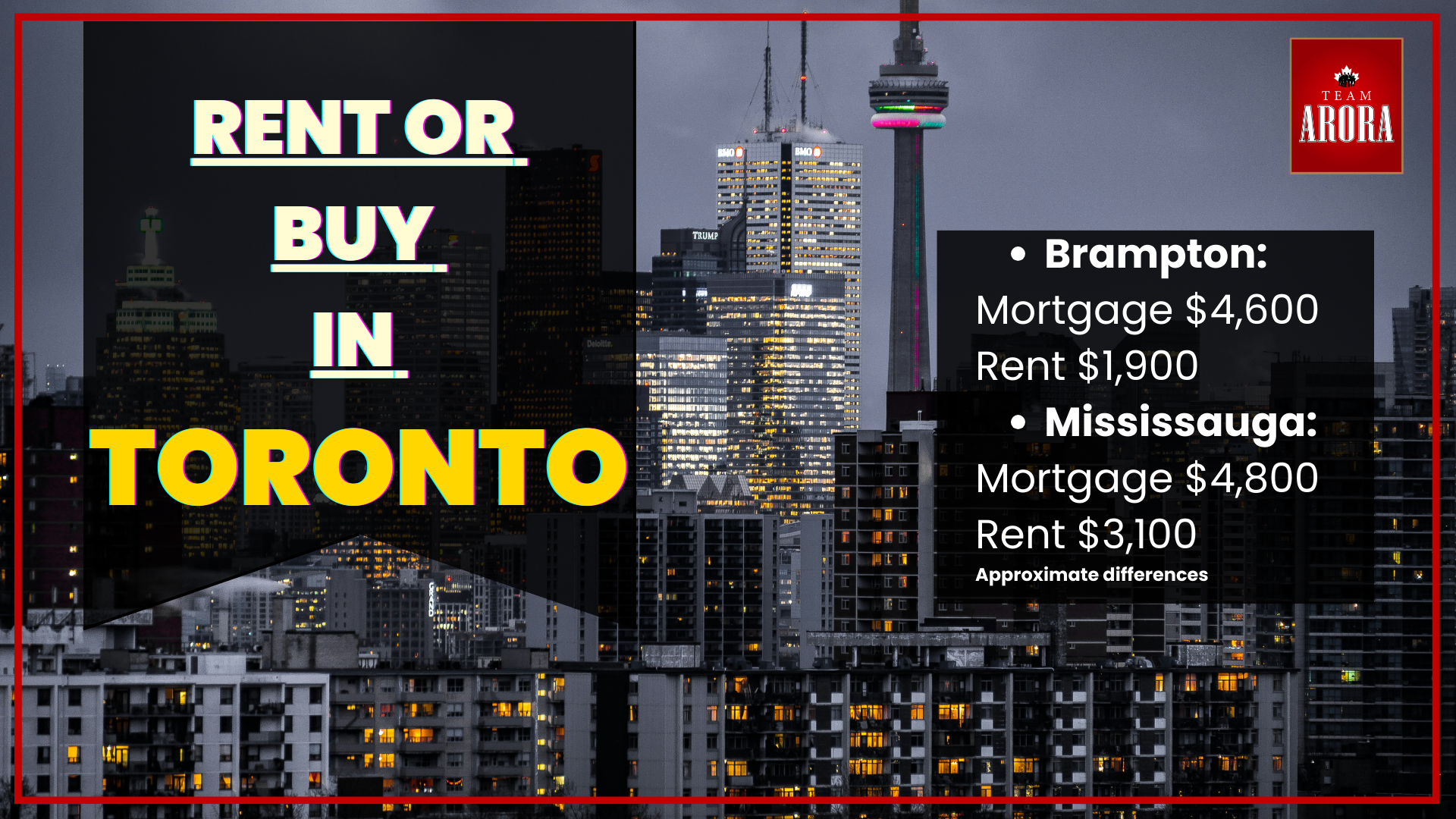The real estate industry is constantly evolving, shaped by various external forces such as economic trends, technological advancements, demographic shifts, and governmental policies. For buyers, sellers, investors, and real estate professionals, these changes can present both challenges and opportunities. Understanding the driving factors behind these shifts can help industry stakeholders navigate the complexities of the market and make informed decisions. In this blog, we will explore the impact of key changes in real estate, covering everything from housing market trends to the role of technology and sustainability in shaping the future of property investments.
1. Economic Forces and Market Trends
One of the primary factors driving change in real estate is the state of the economy. In recent years, we’ve seen fluctuating interest rates, changing employment rates, and inflationary pressures significantly impacting property markets.
a. Interest Rates and Affordability
When rates rise, borrowing costs increase, making it more expensive for potential homeowners to finance their purchases. As a result, higher interest rates can dampen demand for homes, causing a slowdown in the market. On the flip side, when interest rates are low, more people can afford to buy homes, driving up demand and consequently increasing property prices.
In 2023 and 2024, many countries experienced interest rate hikes, with central banks attempting to curb inflation. This shift had a profound effect on the housing market, slowing the rapid price increases seen in previous years. Homebuyers have had to reassess their budgets, and many potential buyers have been priced out of the market entirely due to increased monthly payments on mortgages.
b. Supply and Demand Imbalances
Real estate markets are heavily influenced by the balance between supply and demand. A lack of available housing can drive up prices, while an oversupply can depress them. In recent years, we’ve seen housing shortages in major urban centers, leading to escalating property prices and rental rates. This trend has been fueled by population growth, urbanization, and challenges in the construction industry, such as labor shortages and rising material costs.
In markets where demand outpaces supply, competition among buyers intensifies, and bidding wars become common. Conversely, in areas where supply exceeds demand, sellers may need to adjust prices downward to attract buyers.
2. Technological Advancements in Real Estate
Technology is transforming every aspect of the real estate industry, from how properties are bought and sold to the way they are built and managed. These advancements have not only improved efficiency but also created new opportunities for buyers, sellers, and agents alike.
a. Virtual Tours and Digital Transactions
The COVID-19 pandemic accelerated the adoption of digital tools in real estate. Virtual property tours, once a novelty, became a necessity as lockdowns and travel restrictions limited in-person visits. This trend has continued, with many buyers now preferring the convenience of exploring properties from the comfort of their homes.
In addition, digital transactions are becoming more common. Blockchain technology and smart contracts have the potential to streamline real estate deals, reducing the need for intermediaries like lawyers and title companies. This could lower transaction costs and speed up the buying process.
b. Artificial Intelligence and Big Data
AI and big data are reshaping real estate in profound ways. AI-powered tools can analyze vast amounts of data to predict market trends, assess property values, and identify potential investment opportunities. For example, algorithms can evaluate factors like neighborhood growth, crime rates, and nearby amenities to provide more accurate property valuations.
AI is also enhancing the customer experience. Chatbots, for instance, can answer buyers’ and sellers’ questions in real-time, providing instant access to information and streamlining communication with real estate agents.
c. Proptech Innovations
Proptech, short for property technology, is an umbrella term for innovations aimed at disrupting traditional real estate processes. Startups in this space are creating apps, platforms, and services that make it easier for consumers to navigate the property market. From real estate listing platforms that aggregate vast amounts of property data to apps that allow tenants to manage rental payments and maintenance requests, proptech is transforming how we interact with real estate.
3. Sustainability and Green Real Estate
As awareness of environmental issues grows, the demand for sustainable real estate has increased. Governments, developers, and consumers alike are prioritizing energy efficiency, eco-friendly construction practices, and green building certifications.
a. Energy-Efficient Homes
Today’s homebuyers are increasingly looking for energy-efficient properties. Homes with features such as solar panels, energy-efficient appliances, and advanced insulation not only reduce environmental impact but also lower utility bills for homeowners. In many areas, governments offer incentives for energy-efficient upgrades, further encouraging the shift towards greener homes.
b. Green Certifications
In commercial real estate, green building certifications like LEED (Leadership in Energy and Environmental Design) have become a key consideration for tenants and investors. Certified buildings are often seen as more attractive due to their reduced operating costs and positive environmental impact. This trend reflects a broader shift towards sustainability in the real estate industry, as more developers incorporate eco-friendly materials and designs into their projects.
c. Sustainable Urban Development
Urban planning is also being shaped by sustainability concerns. Cities are prioritizing the development of green spaces, public transportation, and pedestrian-friendly infrastructure to reduce their carbon footprint. These initiatives not only make urban areas more livable but also increase property values in environmentally-conscious neighborhoods.
4. Demographic Shifts and Changing Buyer Preferences
The real estate market is also being shaped by demographic changes, particularly the rise of millennials and Generation Z as key buyers and renters. These younger generations have different priorities compared to their predecessors, and real estate developers are adapting to meet their needs.
a. Rise of Remote Work
The shift to remote work, accelerated by the pandemic, has had a lasting impact on real estate. Many professionals no longer need to live near their workplaces, leading to increased demand for homes in suburban and rural areas. This trend has caused property values in these regions to rise, while some urban centers have seen a decline in demand for office space.
b. Preference for Flexibility
Millennials and Gen Z buyers tend to prioritize flexibility and convenience. Many are opting for smaller, more affordable homes or rental properties that allow them to remain mobile. They also value access to amenities like coworking spaces, fitness centers, and community areas. As a result, developers are focusing on creating mixed-use properties that combine residential, commercial, and recreational spaces.
5. Government Policies and Regulations
From tax incentives to zoning laws, regulatory frameworks can have a profound impact on property prices and availability.
a. Tax Incentives and Subsidies
Many governments offer tax incentives to encourage homeownership, such as mortgage interest deductions or first-time buyer credits. These policies can stimulate demand in certain markets, particularly among lower- and middle-income buyers.
b. Zoning and Land Use Laws
Zoning laws and land use regulations determine how land can be developed, influencing property values and availability. In some areas, restrictive zoning laws limit the construction of new housing, contributing to supply shortages and driving up prices. Conversely, policies that encourage higher-density development can help alleviate housing shortages in growing urban centers.
Conclusion
The real estate industry is undergoing significant changes, driven by economic shifts, technological advancements, sustainability trends, demographic changes, and government policies. For buyers, sellers, and real estate professionals, staying informed about these trends is crucial for navigating the evolving landscape. Whether you’re looking to buy a home, invest in property, or work in the real estate sector, understanding these changes can help you make more strategic decisions and capitalize on emerging opportunities. As the industry continues to evolve, those who adapt to these changes will be best positioned for success in the future.








